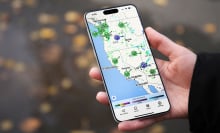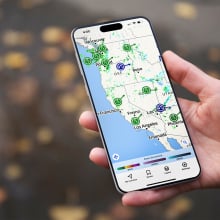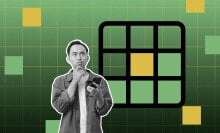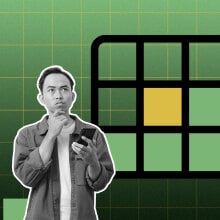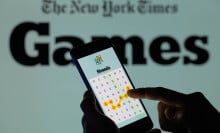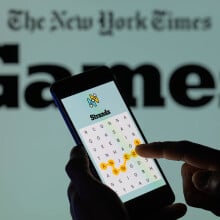AI may have its detractors, but never let it be said that the technology isn't at least helping us predict our own demise.
Death Clock is a fun (!) AI app from San Francisco developer Brent Franson, founder of habit tracker Most Days, which broadly analyses health and behaviour to make a guess at a) the exact date of your death, and b) what's most likely to finally do you in.
"Death Clock AI analyzes your life choices to determine when you will die, and how you can improve your habits to live even longer," reads the site. (The prediction bit is free, but if you want to unlock the ways you can supposedly lengthen your mortal years, you have to stump up for the $79.98 annual subscription.)
Needless to say, curiosity got the better of me. Would I live to the ripe old age of 90, or be mown down in my prime? I had to know!
Less of a horror movie situation involving cursed countdowns induced by malevolent spirits, the app itself is basically a series of health-related questions, ranging from age and lifestyle to eating and drinking habits.

Once you've completed the questionnaire, you're greeted with a cheery series of grim reaper-illustrated tiles telling you the exact date you're going to die, and the things most likely to kill you. I got cardiovascular disease as my number one!

So, how accurate is this thing?
On the one hand, the company claims the AI model draws on stats from over 1,200 studies, including those carried out by universities like Stanford, Berkeley, and UCLA. On the other hand, the questionnaire feels a touch narrow. Although I was asked about the average age of my grandparents, for instance, I wasn't asked many details about family health in general. The app also didn't ask about my daily travel habits, or whether or not I have any particularly risky hobbies.
Ultimately, it said I'd die at 83, but with some tweaking — and that's where the annual fee comes in — I could draw things out until I hit 96. Rather than a harbinger of doom, it's probably better to view the app (at least the paid version) as a way of tweaking your daily habits to maximise your own health and longevity.
Topics Apps & Software Health

